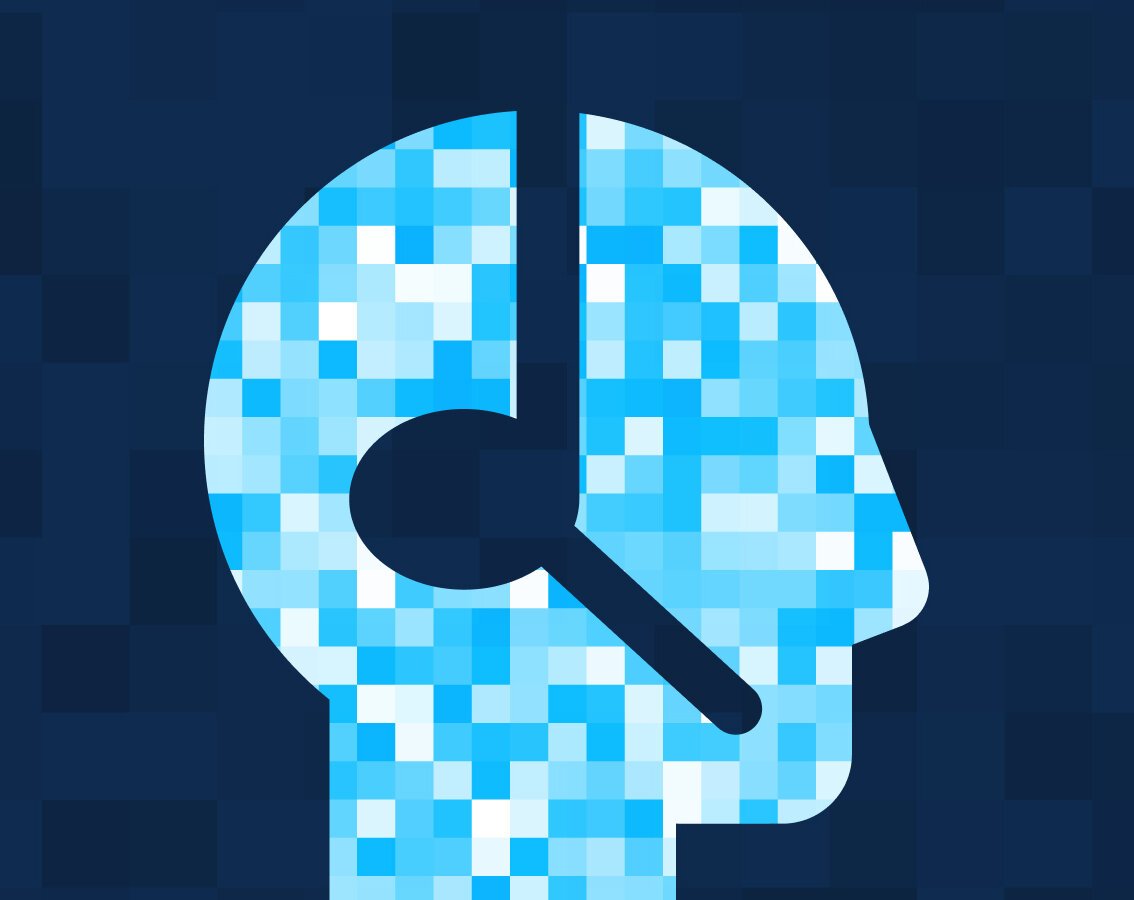blog
Top NLP Applications Shaping the Future of Business
By Mohan S Business Software development AI and ML Customer Experience December 4, 2024

Natural language processing (NLP) has become a cornerstone technology for modern business, driven by the explosion of big data, much of it in unstructured text. Companies now rely on NLP to extract insights and bring order to this overwhelming information. Just a few years ago, though, NLP was primarily an academic field.
What Is NLP?
Natural Language Processing (NLP) is a branch of artificial intelligence that allows robots to understand and communicate with human language, turning it into insights that can be put to use.
NLP's capacity to improve consumer experiences, automate procedures, and find insightful patterns in large datasets is what has led to its quick acceptance across sectors. Through the use of voice recognition in virtual assistants, sentiment analysis of customer reviews, and tailored marketing, natural language processing (NLP) has emerged as a key component of contemporary corporate operations.
Key Tasks That NLP Can Do
NLP is essential for businesses because it handles several fundamental tasks that allow businesses to efficiently process, evaluate, and use human language data.
These tasks include:
Sentiment Analysis: Identifying the emotional tone of text, such as customer reviews or social media posts.
Text Classification: Categorising text into predefined labels (e.g., spam vs. non-spam emails).
Named Entity Recognition (NER): Detecting specific entities such as names, dates, or organisations within a text.
Machine Translation: Translating text from one language to another.
Text Summarisation: Generating concise summaries of lengthy documents.
Speech Recognition: Converting spoken language into written text.
You may like to read: How easy is it to implement AI in your business?
NLP Use Cases in Business
NLP applications are revolutionising how companies function and interact with their audiences, from enhancing customer service to identifying fraud. Here are some of the most significant application cases that highlight the adaptability and worth of this technology below:
1. Customer Support Automation
NLP-powered chatbots are revolutionizing customer service with their ability to handle personalized conversations and automate basic interactions.
They analyze customer queries to understand intent and context, classify them to determine the appropriate support path, and generate contextual responses to address customer needs. Additionally, by analyzing frequently asked questions, chatbots can identify common issues, providing valuable insights for improving products or services.
2. Sentiment Analysis for Brand Monitoring
NLP tools assist companies in determining how customers feel about their brand by assessing reviews, social media posts, and survey responses. This makes it possible to take proactive steps to resolve unfavourable comments and promote constructive interactions. Coca-Cola, for example, uses sentiment analysis to track internet discussions and adjust its marketing tactics as necessary.
3. Personalised Marketing Campaigns
NLP creates individualised and highly targeted marketing messages by analysing consumer data. NLP is used, for instance, by e-commerce platforms to suggest products based on user preferences, ratings, and browsing history. This degree of personalisation increases consumer loyalty in addition to conversions. One of the best examples of NLP-driven customisation is Netflix's recommendation engine.
4. Document Automation and Compliance
By extracting and classifying important information, guaranteeing regulatory compliance, and lowering manual errors, natural language processing (NLP) solutions simplify work involving a lot of documents.
NLP is used by sectors such as banking and healthcare to process patient records, insurance claims, and contracts. For example, the Contract Intelligence (COIN) platform from JP Morgan saves thousands of work hours per year by using natural language processing (NLP) to assess financial agreements.
5. Voice-Enabled Technologies
NLP-powered voice recognition is revolutionising a variety of industries, including healthcare and automotive.
NLP is used by smart assistants such as Google Assistant and Alexa to interpret voice requests, allowing users to be hands-free. Similar to this, medical professionals are recording patient consultations in real time with voice-to-text software.
6. Fraud Detection and Risk Management
NLP examines communication patterns to spot any fraud or noncompliance. Financial organisations use it, for instance, to identify odd trends in transaction data or to flag emails that appear to be phishing efforts. NLP improves security protocols and reduces threats by responding quickly to irregularities.
7. Recruitment and Talent Management
Tools with natural language processing (NLP) capabilities assist HR departments in sorting through hundreds of resumes, finding eligible applicants, and even analysing interviewee behaviour.
NLP and AI are used by platforms such as HireVue to evaluate the language, tone, and sentiment of candidate responses, providing a more thorough assessment than conventional techniques. In addition to saving time, this lessens bias in the hiring process. Additionally, by offering practical insights into employee feedback, NLP-based technologies can enhance organisational culture and talent management.
8. Market Research and Competitive Analysis
Businesses can evaluate a plethora of market data, including rival activity, industry reports, and consumer feedback, thanks to natural language processing (NLP).
Organisations can improve their tactics and maintain an advantage in a competitive environment by analysing market gaps, client demands, and trends. For example, retail businesses utilise natural language processing (NLP) to monitor client preferences and product mentions on various online platforms.
9. Healthcare Innovations
NLP is transforming patient care and operational effectiveness in the healthcare industry. Applications include automating the creation of medical summaries, improving telemedicine with intelligent virtual assistants, and evaluating electronic health records (EHRs) to retrieve vital patient data.
From unstructured data sources, NLP-based techniques also help detect possible hazardous drug reactions.
10. E-learning and Knowledge Management
NLP helps in the development of adaptive learning systems that understand the demands of a learner and modify course materials appropriately.
These systems are able to precisely grade assignments, provide answers to certain questions, and summarise complicated subjects. NLP is also used by businesses in knowledge management to efficiently arrange and retrieve information, which streamlines internal processes.
These use cases highlight how NLP is redefining business processes, creating opportunities for growth across various industries. As this technology continues to advance, its potential applications will expand, making it an indispensable tool for modern organisations.
Conclusion
NLP has a wide range of significant applications, from chatbots that are revolutionising customer service to sentiment analysis that shapes brand strategies. Businesses embracing and incorporating NLP into their operations will have a major advantage as the technology develops.
Adopting NLP enhances procedures while creating new opportunities to interact with markets, employees, and customers. Investing in NLP is becoming essential for businesses that want to be data-driven and flexible.


